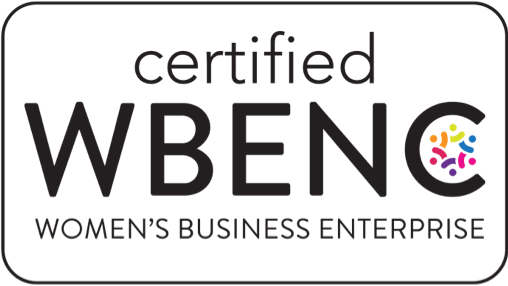Latest thinking
Lessons from our work
Helping our clients stay ahead of the curve is a big part of what we do. That’s why we’ve developed a library of resources to keep you informed about the latest industry challenges and emerging trends.
Trending topic
Business resilience

Featured insights
Employee Retention Index
Anticipate shifts in workforce retention
The Eagle Hill Consulting Employee Retention Index is the first of its kind market indicator providing early signals of turning points in U.S. workforce retention. By tracking proven drivers of retention, the Index equips organizations with forward looking insights to proactively fight attrition.

Our latest research & thinking
Discover the keen insights and unique solutions from our research that are helping industry leaders tackle today’s trends and stay ahead of tomorrow’s challenges.
Article
Rally your teams with a performance measurement culture
The Performance Measurement Series 01 Performance measurement made simple: 3 keys 02 Data: Set the foundation of effective performance measurement 03 Metrics: Identify your power performance metrics 04 People: Cultivate a...
Article
Performance measurement made simple: Three keys to success
Without focus and flexibility, performance measurement systems risk tracking the wrong metrics; exploring business process improvement can streamline operations and boost efficiency.
Article
The secret to setting the right performance metrics
Effective performance measurement starts with setting the right targets. It’s not about tracking everything—it’s about tracking what truly matters.
Blog
Harness the Gen Z loyalty surge: A playbook
By Lizzie Nealon
Retaining Gen Z, the fastest growing segment of the workforce, is key to future-proofing your organization as their rising loyalty and fresh, digital-first perspectives uniquely position them to drive innovation.
Article
Data management: The foundation of effective performance measurement
Successful performance measurement hinges on effective data management. Learn how right, reliable, and repeatable data can help you achieve meaningful performance improvements.
Report
The surprising obstacle to improving organizational performance
Employees want to drive performance but see leadership as the obstacle, shifting this perception can unlock new opportunities for efficiency.
Article
Four steps to adopt technology in the workplace
Adopting technology in the workplace requires a human-centered approach to maximize ROI and increase adoption. Learn how to get the most out of your technology investment with these four steps.
Article
Is data governance undermining your business optimization efforts?
Strong data governance structures information for accessibility and action—driving smarter decisions and greater efficiency. Discover five data governance fundamentals to boost your business optimization efforts.
Blog
AI, everywhere, all at once: Leading with empathy through AI automation
By Joseph Macaluso
Implementing AI with empathy means prioritizing employees, offering training, and taking a gradual, thoughtful approach to avoid negative impacts like layoffs while achieving sustainable, ethical results.
Article
Speed business optimization by focusing on these top 10 areas of unintentional waste
Business optimization is key to thriving in today’s environment, improving quality, productivity, and speed to market while managing time, talent, and costs.
Blog
When it comes to AI adoption, go slow to go fast
By Joseph Macaluso
For efficient and effective AI adoption that ensures future success, companies must leverage an incremental, thoughtful approach.
Article
Why you need program evaluation
As leaders drive large-scale change that impacts their entire organization, a clear grasp of their programs' efficiency is crucial for making data-driven decisions.
Report
Are employee ideas the hidden key to operational efficiency?
Businesses focus on driving top-down efficiency initiatives, but our research shows they are overlooking a key to success: employee ideas.
Blog
Embracing change to thrive in 2025
By Melissa Jezior
Eagle Hill's research finds many workers aren't utilizing AI that can be a game changer to drive innovation and efficiency.
Report
Government parents are not OK
New research reveals that government employees with children are more likely to experience burnout compared to their peers. Explore key strategies agencies can implement to better support parents, reduce burnout, and create a more balanced work environment.

